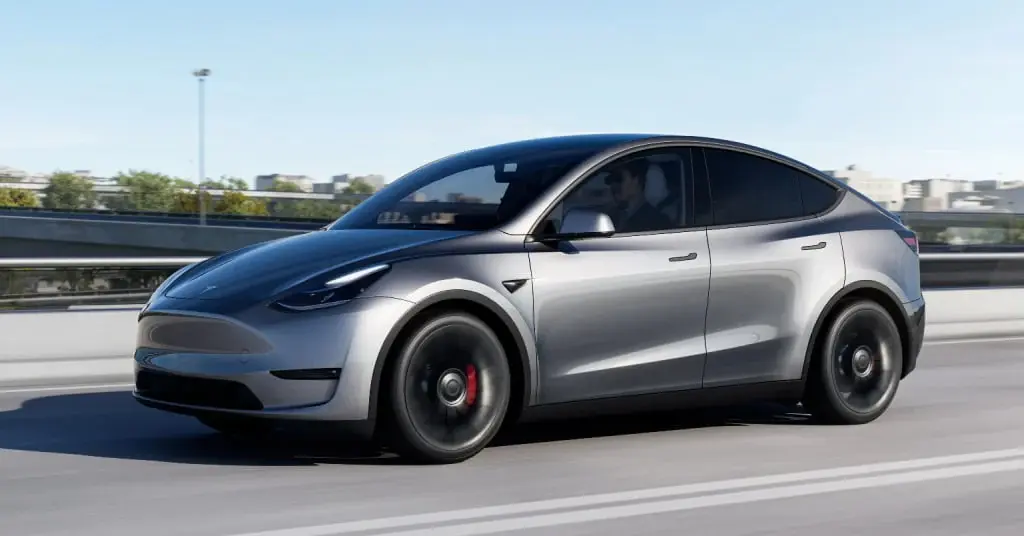Key Takeaways
1. South Korea has halted new downloads of the Chinese AI chatbot DeepSeek due to data privacy concerns, effective February 15, 2025.
2. The Personal Information Protection Commission (PIPC) found weaknesses in DeepSeek’s communication features and management of personal information with third parties.
3. Users are advised to refrain from entering personal information into the chatbot until issues are resolved and compliance with South Korean laws is ensured.
4. Other countries, including the U.S., Italy, and Australia, have also imposed restrictions on DeepSeek due to security threats and excessive data collection.
5. DeepSeek faces significant challenges in rebuilding trust and complying with regulations as global scrutiny of its data handling practices increases.
South Korea has put a stop to new downloads of the Chinese AI chatbot DeepSeek, citing worries about data privacy breaches. This decision was made public by the Personal Information Protection Commission (PIPC) and became effective on February 15, 2025, at 6:00 p.m. local time. Although the app is no longer available for download, users can still access the web version while the company works on fulfilling the necessary regulatory conditions.
South Korea Takes Action Against DeepSeek AI
The PIPC stated that its investigation into DeepSeek, which began shortly after the chatbot’s introduction, revealed weaknesses in its communication features and how it manages personal information with third-party providers. The commission made it clear that until these problems are fixed in accordance with South Korea’s Personal Information Protection Act, new downloads of the app will not be permitted. Current users have been told to avoid entering any personal information into the chatbot’s prompts until further notice.
DeepSeek has admitted that it did not adequately consider South Korean data protection laws prior to its launch and has since appointed a local representative to help ensure compliance with regulations. The government intends to use this situation as a model to enhance guidance and oversight, aiming to prevent similar issues from happening again in the future.
Increased Scrutiny and Security Concerns
The suspension comes after increased scrutiny from South Korea’s National Intelligence Service (NIS), which had previously alerted that DeepSeek was collecting user data excessively and might be using it to train its AI models. Furthermore, security analysts found that both the Android and iOS versions of the app were sending certain user data to its servers without encryption, raising even more red flags.
This situation is part of a larger trend, as global concerns about DeepSeek’s data handling practices have surged. Countries like the United States, Italy, Australia, and Taiwan have already placed restrictions on the AI service for government use, citing security threats. NASA has blocked DeepSeek from its systems, and the U.S. Navy has cautioned its personnel against using the app due to potential data risks.
Challenges Ahead for DeepSeek
In the midst of these escalating worries, Beijing claims that it allows international internet firms to operate in China while adhering to local laws and asserts it does not force companies to unlawfully collect or store data. However, as regulatory scrutiny grows around the globe, DeepSeek now faces significant challenges in rebuilding trust and adhering to regulations in various regions.
Source:
Link




